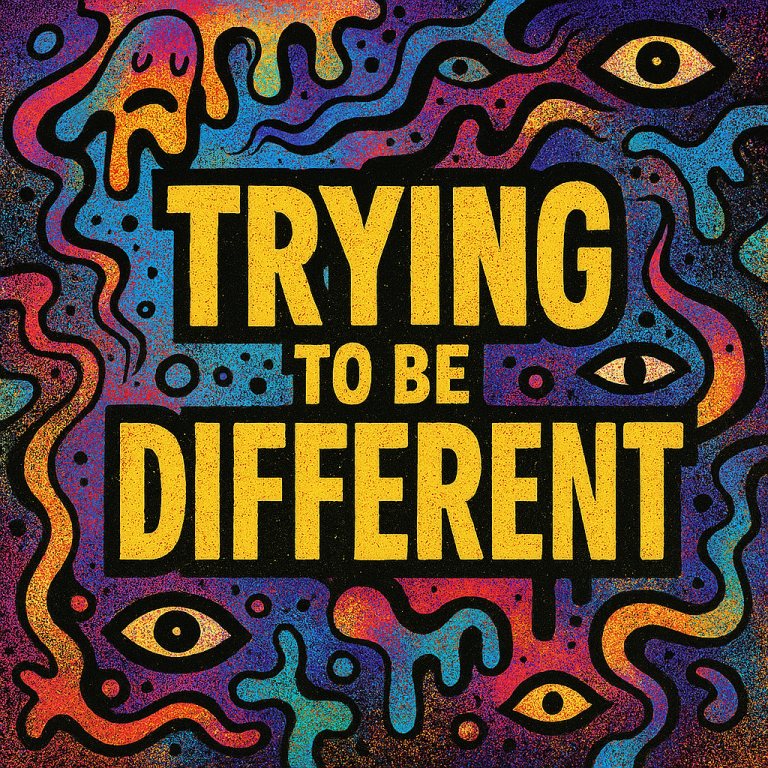The Key Distinctions Between Personality and Temperament
When it comes to understanding human behavior and individual differences, the concepts of personality and temperament are often discussed interchangeably. However, these two terms are distinct and refer to different aspects of an individual’s psychological makeup. In this comprehensive article, we will delve into the nuances that differentiate personality from temperament, exploring their definitions, origins, and how they shape our unique selves.
Personality: The Multifaceted Essence of Who We Are
Personality is a complex amalgamation of traits, behaviors, thoughts, and emotions that make each individual unique. It encompasses our patterns of thinking, feeling, and behaving across various situations and environments. Personality is shaped by a combination of genetic and environmental factors, including our upbringing, life experiences, and cultural influences.
One of the most widely accepted models of personality is the Big Five framework, which identifies five broad dimensions: openness to experience, conscientiousness, extroversion, agreeableness, and neuroticism. These dimensions help describe and measure various aspects of an individual’s personality.
Temperament: The Innate Foundation of Our Emotional and Behavioral Tendencies
In contrast to personality, temperament refers to the innate, biologically based traits that are present from birth and influence our emotional and behavioral tendencies. It is considered the foundation upon which our personality develops over time.
Temperament is believed to be largely hereditary and relatively stable across an individual’s lifespan. It encompasses traits such as emotional reactivity, attention span, and adaptability to new situations. These innate traits shape how we respond to and interact with our environment, influencing our early development and subsequent personality formation.
Read Also: Exploring the Role of Nature and Nurture in Personality Development
The Interplay Between Personality and Temperament
While personality and temperament are distinct concepts, they are inherently intertwined and influence each other throughout an individual’s life. Temperament serves as the initial blueprint for personality development, providing the foundation upon which our experiences, environments, and choices shape our unique personalities.
For example, a child with an inherently shy temperament may develop a more introverted personality as they grow older, preferring solitary activities and intimate social settings. Conversely, a child with an outgoing temperament may naturally gravitate toward extroverted behaviors and thrive in social situations, further reinforcing their personality traits.
However, it’s important to note that temperament is not destiny. While it provides a starting point, personality is also significantly influenced by environmental factors, such as parenting styles, peer relationships, and life experiences. These external influences can either reinforce or counteract an individual’s innate temperamental tendencies, leading to the development of a unique and multifaceted personality.
Key Differences Between Personality and Temperament
To better understand the distinctions between personality and temperament, let’s explore some key differences:
| Personality | Temperament |
|---|---|
| Develops over time through experiences and environment | Present from birth and largely biologically based |
| Multidimensional and complex | Focused on specific traits like emotional reactivity and adaptability |
| Can change and evolve throughout life | Relatively stable across the lifespan |
| Influenced by both nature and nurture | Primarily influenced by genetic factors |
| Encompasses thoughts, feelings, and behaviors | Primarily focused on emotional and behavioral tendencies |
Read Also: The Impact of Early Childhood Experiences on Personality Development
The Role of Temperament in Shaping Personality
While temperament is not the sole determinant of personality, it plays a crucial role in shaping an individual’s unique traits and characteristics. Here are some ways in which temperament influences personality development:
- Emotional Reactivity: An individual’s innate emotional reactivity, as determined by their temperament, can shape how they express and regulate emotions, which in turn contributes to their personality traits.
- Attention and Persistence: Temperament influences an individual’s ability to sustain attention and persist in the face of challenges, which can impact their motivation, goal-setting, and achievement-oriented personality traits.
- Social Interaction: An individual’s temperamental tendencies, such as shyness or sociability, can influence their interpersonal skills, social confidence, and the development of traits like extroversion or introversion.
- Adaptability: The ease or difficulty with which an individual adapts to new situations and environments is influenced by their temperament, affecting traits like openness to experience and flexibility.
The Importance of Understanding Both Personality and Temperament
Recognizing the distinctions between personality and temperament is crucial for several reasons:
- Personal Growth and Self-Awareness: Understanding our innate temperamental tendencies and how they interact with our life experiences can provide valuable insights into our strengths, weaknesses, and overall personality development. This self-awareness can facilitate personal growth and help us make informed decisions about our lives.
- Parenting and Child Development: Recognizing a child’s temperament can help parents tailor their parenting strategies and create environments that support their child’s unique needs and tendencies, fostering healthy personality development.
- Mental Health and Well-being: Certain temperamental traits, such as high emotional reactivity or low adaptability, can potentially increase vulnerability to mental health challenges. Identifying these traits early can aid in proactive interventions and support strategies.
- Workplace and Interpersonal Relationships: Understanding both personality and temperament can enhance our ability to navigate interpersonal dynamics, communicate effectively, and build strong relationships in various settings, including the workplace, friendships, and romantic partnerships.
Read Also: Enhancing Emotional Intelligence: Strategies for Personal and Professional Growth
Embracing Our Unique Selves
In conclusion, while personality and temperament are distinct concepts, they are intricately intertwined and shape who we are as individuals. Recognizing the differences between these two aspects of our psychological makeup can provide valuable insights into our strengths, challenges, and overall well-being.
Embracing our unique blend of personality traits and temperamental tendencies is a journey of self-discovery and self-acceptance. By understanding ourselves better, we can navigate life’s challenges with greater resilience, foster meaningful connections with others, and ultimately live more authentic and fulfilling lives.
Remember, the interplay between personality and temperament is a lifelong dance, and each of us has the power to shape our individual journey through our choices, experiences, and growth mindset.








Almost all of the things you point out is astonishingly precise and it makes me wonder why I hadn’t looked at this in this light before. This article really did switch the light on for me as far as this specific subject goes. Nonetheless at this time there is one particular point I am not necessarily too comfy with so whilst I make an effort to reconcile that with the core idea of the issue, allow me see what the rest of the visitors have to say.Nicely done.
I do agree with all of the ideas you have presented in your post. They’re very convincing and will certainly work. Still, the posts are very short for newbies. Could you please extend them a bit from next time? Thanks for the post.
Wow! This could be one particular of the most useful blogs We’ve ever arrive across on this subject. Basically Fantastic. I’m also an expert in this topic therefore I can understand your effort.
You helped me a lot with this post. I love the subject and I hope you continue to write excellent articles like this.
katana